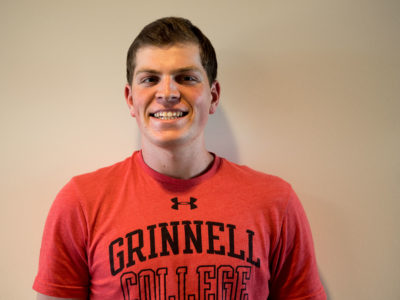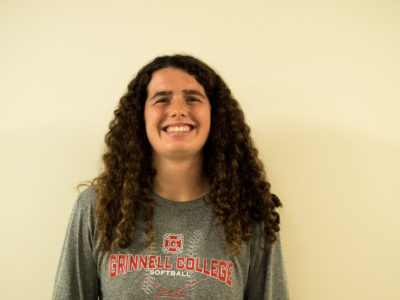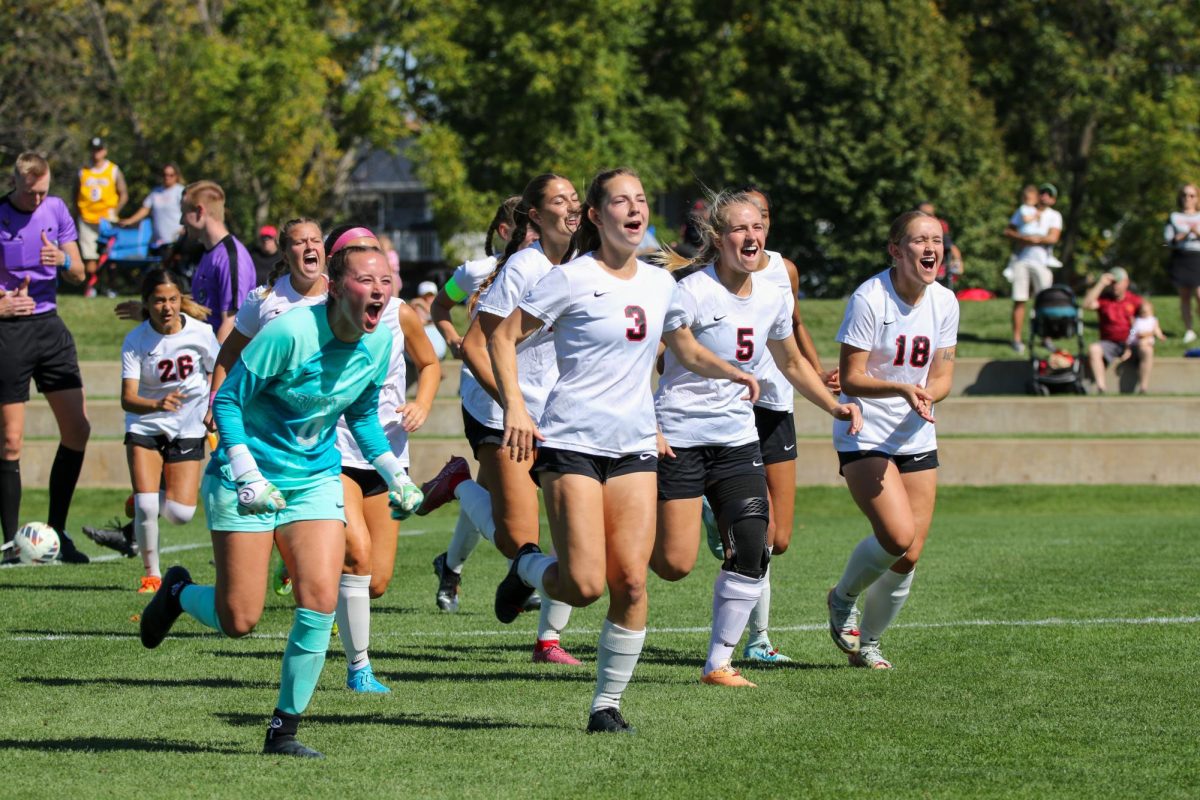



Universally recognized as athletic practice time, the 4:30 to 6:30 p.m. block holds special importance on campus. Faculty and teaching assistants usually hold mentor sessions
and other important academic events in the evening to enable student athletes, who comprise one-third of the total student body, to attend. However, student athletes will often miss other important events such as guest speakers, special lectures and extracurricular programming due to practice.
During their season, student athletes often miss Fridays and Saturdays for travel competitions, keeping them away from events such as concerts and on-campus theatre performances.
The time commitment does not stop there. Athletics are a commitment not only during the season, but outside of their official season as well.
Student athletes often prepare for their sport throughout the year to perform their best. They maintain fitness by working out, practicing informally with other team members or training on their own.
“During the offseason I practice six days a week as a two-sport athlete and lift three days a week,” wrote Kayla Morrissey ’18, a women’s basketball player and member of the softball team, in an email to The S&B. “For basketball, we do open gyms which consist of drills and scrimmaging. For softball, we have captain-led practices. Both of the teams also attend speed and agility sessions twice a week.”
While athletics require a significant time commitment that can take away from other activities, student athletes often report that time spent playing sports is time enjoyed.
“Sports can take up a lot of time; however it is something that I love to do, so it is worth all of the time that I spend on it. I’m able to balance my responsibilities by having really good time management skills, for it is necessary to take advantage of any free time that I get, which can be limited,” wrote Ezra Pine ’21, a member of the baseball team, in an email to The S&B.
Sports can also empower students by providing structure for their time.
“Time commitment for baseball is so ingrained in my life that it doesn’t feel like a burden. For the past six or seven years of my life, most of my free time out of school has been dedicated to baseball,” wrote Charles Carr ’19, a member of the baseball team.
Balancing academics and athletic commitment can be difficult, and team members often support each other. Each team has a Student Athlete Mentor, a person that advocates for their team and can connect fellow members with resources. In addition, the College provides support to students in the form of the recently created Faculty Athlete Mentor program.
However, some student athletes feel that more support would be helpful.
“Currently, I feel that right now only athletes really support other athletic groups and it would be nice to see partnerships between both athletes and non-athletes here at Grinnell,” wrote Andrew Shults ’19, a member of the baseball team, in an email to The S&B.
Yet one place that the 4:30 to 6:30 p.m. block doesn’t hold power is in the dining hall.
“I think the school supports student-athletes pretty well,” wrote Daria Guzzo ’19, of the women’s basketball team, in an email to The S&B. “There are some things I feel athletes wish were slightly different such as the dining hall remaining open even just 15 minutes later to accommodate athletes who have late practice.”



















































